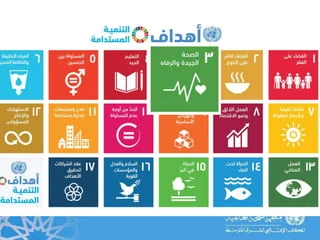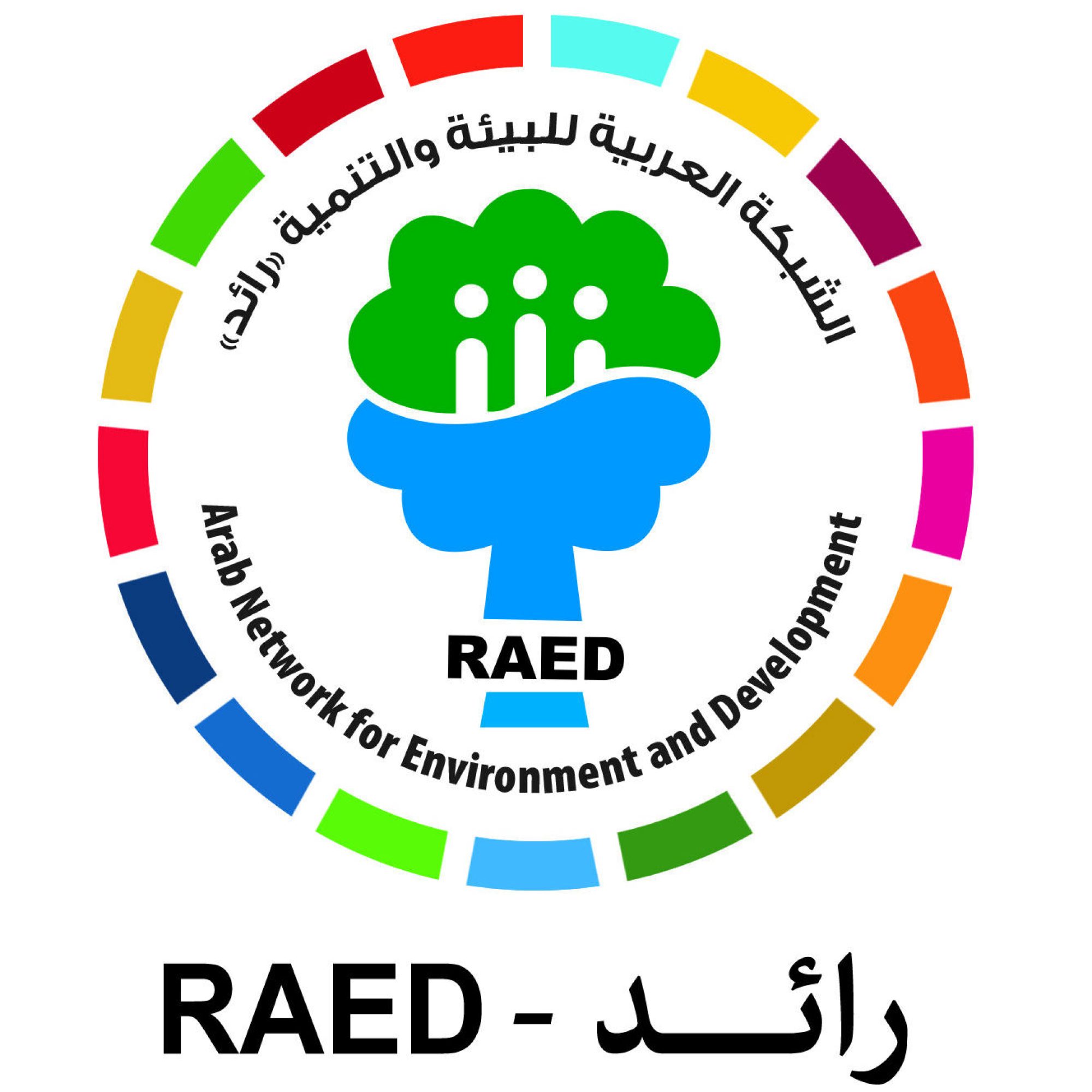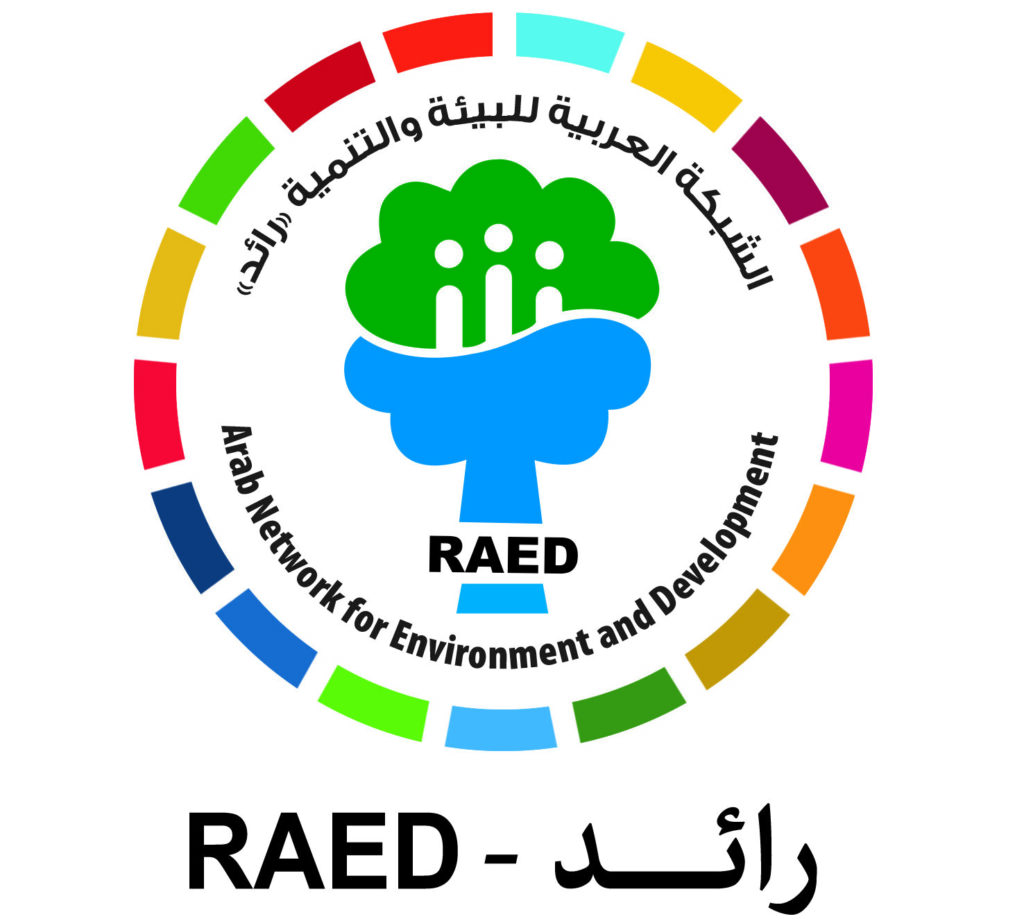
Regional Initiative for the Additional Indicators’ Follow-up on Millennium Development Goals (MDG+)
Overview
In implementation of the decision by the Council of Arab Ministers regarding environment and sustainable development indicators in the Arab region and based on the recommendations of the first meeting of the Arab team on environment and sustainable development indicators, the Arab Ministerial Council for Water established a committee with multiple stakeholders. The committee was tasked with developing a new framework for the Millennium Development Goals (MDGs) to align with the specific conditions of the Arab region. The Arab Network for Environment and Development (RAED) was honored to be a member of this committee alongside the UN Economic and Social Commission for Western Asia (ESCWA), the Center for Environment and Development for the Arab Region and Europe (CEDARE), the World Health Organization (WHO), the Arab Water Council (AWC) and the Arab Countries Water Utilities Association (ACWUA). Together, these organizations worked to create a unified model for indicators and standards for the implementation of MDGs related to water supply and sanitation, aiming to establish an integrated Arab vision on this issue.
RAED, as part of this committee, conducted a survey developed by ESCWA in local Arab communities in Egypt and Tunisia as a preliminary phase, targeting three villages in Egypt and five in Tunisia. Four Arab countries—Sudan, Palestine, Mauritania, and Yemen—were then selected to implement the first phase of the survey in villages facing water and sanitation challenges.
RAED continues to implement the second phase of the project in Jordan, Syria, Iraq, and Lebanon, with civil society organizations in these countries, which are members of RAED.
General Objective
The project aims to complement official data collected by national monitoring teams in several Arab countries to calculate indicators for achieving the additional Millennium Development Goals (+MDGs) by gathering local-level data on water supply and sanitation indicators from selected areas within the targeted Arab countries.
Project Description
The project seeks to develop a unified model for the indicators and standards necessary to implement MDGs related to water supply and sanitation. This is achieved through a series of studies that collect data at the local level in selected areas within participating Arab countries. The project addresses the pressing need to revise MDG indicators from an Arab perspective that reflects the views of local Arab communities. These communities fully understand the real dimensions of water and sanitation issues, especially as water shortages exacerbate environmental, health, and living conditions. The current indicators do not adequately reflect the true quality or sustainability of services.
Implementation Sites
- Preliminary Phase: Egypt, Tunisia
- First Phase: Sudan, Palestine, Mauritania, Yemen
- Second Phase: Jordan, Syria, Iraq, Lebanon
Partners
- UN Economic and Social Commission for Western Asia (UN-ESCWA)
- Arab Countries Water Utilities Association (ACWUA)
- Center for Environment and Development for the Arab Region and Europe (CEDARE)
- World Health Organization (WHO)
- Arab Water Council (AWC)
Funds
UN Economic and Social Commission for Western Asia (UN-ESCWA)
Project Duration
The project commenced in 2014 and concluded in 2016.
Project Results
A final report was prepared, summarizing the project outcomes. The report was presented to the partners and to the Arab Ministerial Council for Water at the League of Arab States, and its findings were incorporated into the second published report.

